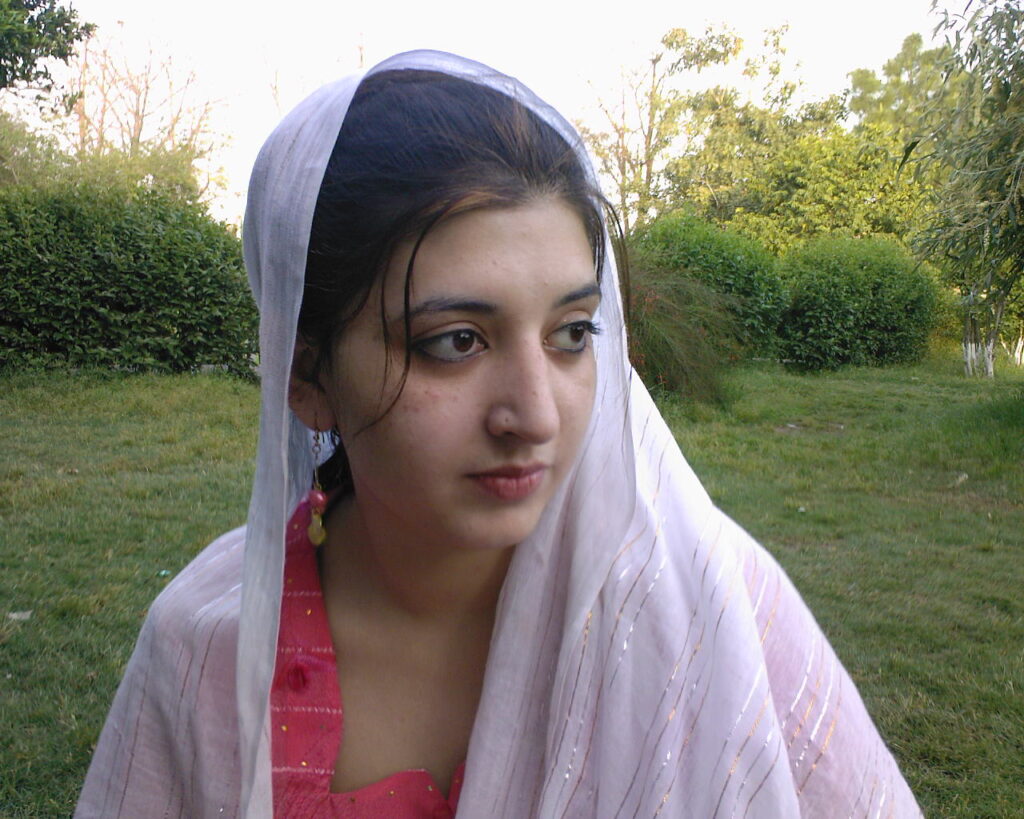In South Asian culture, particularly in Pakistan, the search for a life partner—referred to as “Zarurat-e-Rishta”—is not an individual’s journey alone. It is a collective endeavor, involving parents, relatives, matchmakers, community elders, and often religious figures. Marriage is seen as a sacred bond, but the process leading up to it can be highly structured, socially driven, and in many cases, overwhelming.

The traditional rishta culture is deeply embedded in the social fabric of the region, reflecting both the strengths and weaknesses of a system that has existed for generations. This article explores how families, professional matchmakers, and societal expectations play crucial roles in the rishta process.
Family as the Driving Force Behind Rishtas
In most Pakistani families, it is the parents who take the initiative when it comes to seeking a suitable match for their children. While young men and women today are more educated and independent, many are still not given full control over choosing their life partner. The family often considers itself the main decision-maker, based on the belief that marriage is not just between two individuals but a union of two families.
Mothers, in particular, play a very active role. From collecting biodata, visiting potential families, consulting relatives, and evaluating every detail—from the girl’s cooking skills to the boy’s job title—mothers are usually at the center of the rishta hunt. Fathers may be more involved in verifying financial details, family status, and career prospects.
In many cases, even if the son or daughter is not ready for marriage, parents begin searching early, out of social pressure or fear that they will “miss the right time.”
The Role of Relatives and Community Networks
The extended family—uncles, aunts, cousins, and family friends—are often consulted or used as bridges to find potential rishtas. Relatives will often say, “Hamain kisi achay ghar ka rishta maloom hai” (We know of a good family for a proposal). These referrals carry a lot of weight, especially when the recommending person is considered trustworthy.
In smaller towns and close-knit communities, word-of-mouth recommendations remain a powerful way to find matches. People often rely on someone who “knows the family” or has previously dealt with them. While this can help build trust quickly, it can also limit choices and reinforce social divisions based on caste, sect, or class.
Matchmakers: The Professional Rishta Aunties and Agencies
An entire informal profession exists around arranging rishtas in Pakistan. These matchmakers—commonly known as rishta aunties—are women who have built vast networks of families over years. For a fee, they connect families based on compatible requirements.
These rishta aunties often maintain diaries or WhatsApp folders full of biodata and pictures. They know which families want a doctor bahu (daughter-in-law), which families prefer an only son, or who is looking for a Canada-based groom. In return, they receive a fixed payment or a portion of the wedding expenses.
In urban centers like Lahore, Karachi, and Islamabad, more professional matchmaking services have also emerged, offering digital platforms and background checks. Some even employ psychologists to help assess compatibility. However, these services are often too expensive for lower-income families.
